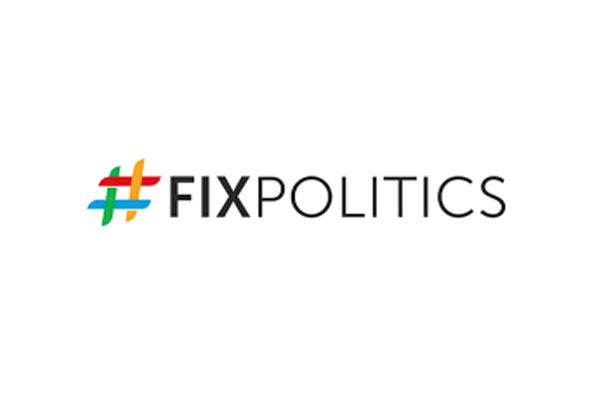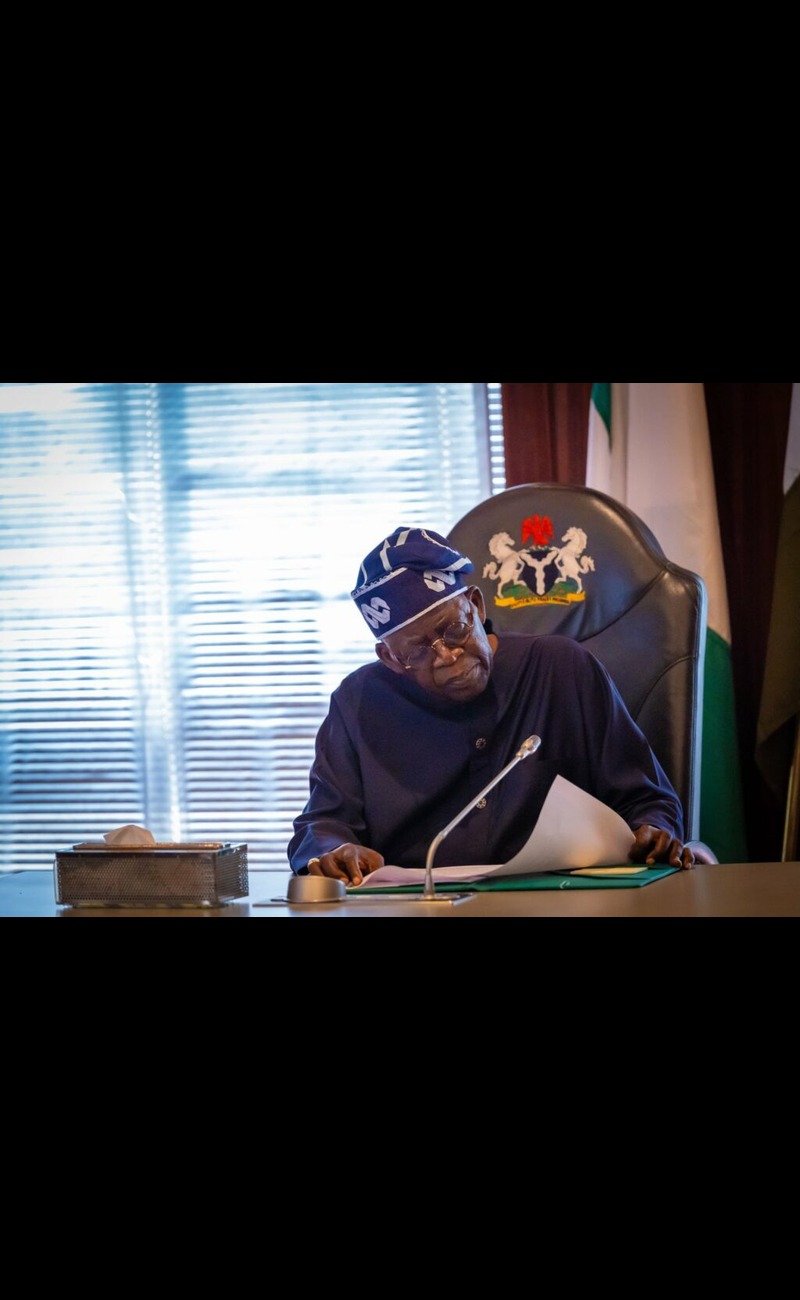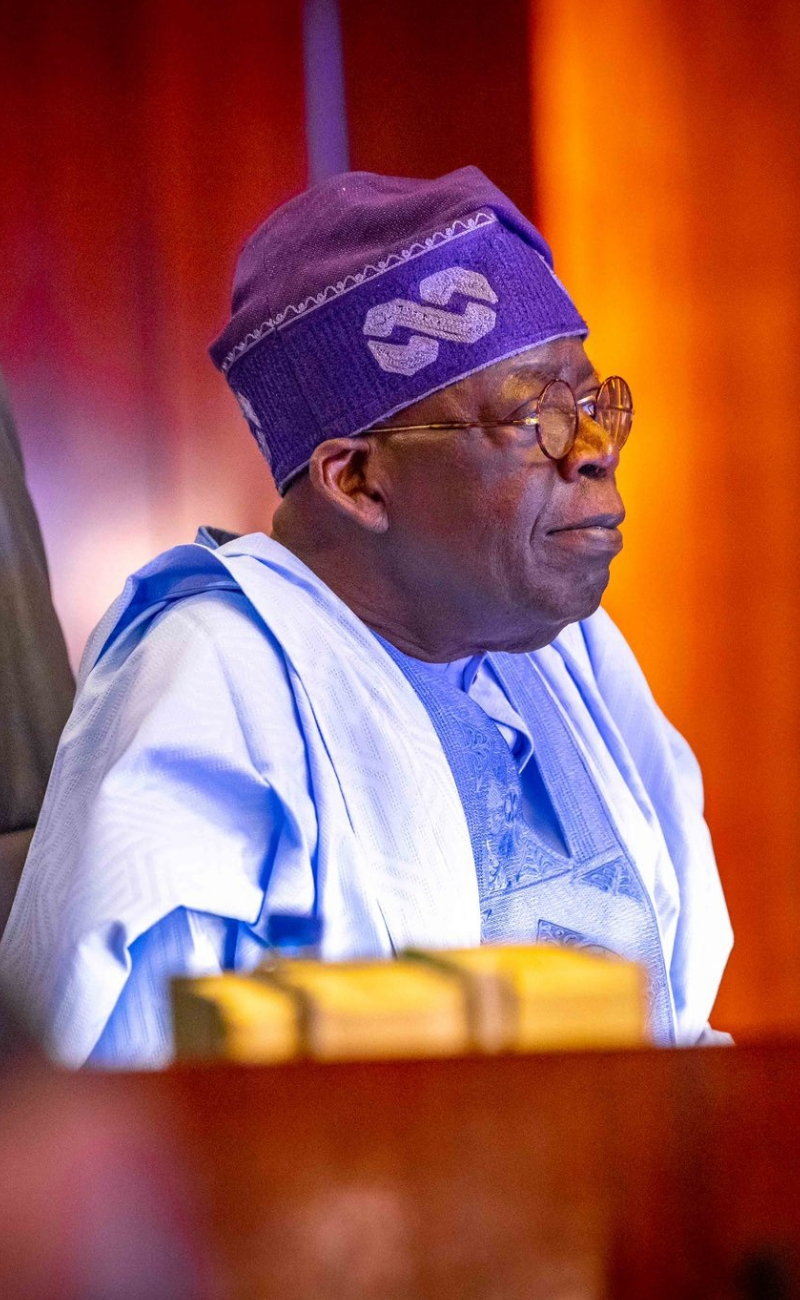#FixPolitics has rated Tinubu’s midterm performance, calling for more actions on electoral and economic reforms, strengthening of anti-graft institutions and security agencies

Leading civil society organisation, #FixPolitics initiative, has released a hard-hitting evaluation of President Bola Tinubu administration’s midterm performance, decrying democratic decline, economic hardship, and persistent insecurity.
It charged the administration to do more on electoral and economic reforms, strengthen anti-graft institutions and security agencies.
In a statement signed by its Executive Director, Anthony Ubani, on Wednesday June 18, 2025, the political reform advocacy group urged the Tinubu government to embrace accountability and course correction, describing the midterm as “a crucial moment for renewed commitment to the social contract between leaders and citizens.”
Ubani noted that despite the 2023 electioneering promises, logistical failures, voter suppression and a crisis of confidence in the Independent National Electoral Commission (INEC) deepened public distrust.
The statement decried the lack of serious effort to reform the country’s electoral process, allowing cynicism to fester.
“The halfway point of any term is a crucial moment for accountability, course correction and renewed commitment to the social contract between leaders and citizens.” Ubani stated
According to the statement, power has continued to concentrate in the executive. “The removal and replacement of key officials in anti-corruption agencies and regulatory bodies, often without transparent due-process, undermines institutional independence. Appointments have also fallen short of the federal character principle, reinforcing perceptions of marginalisation.
“Meanwhile, the legislature functions more as an extension of the presidency than as a co-equal branch of government. The erosion of checks and balances weakens democratic safeguards. Civil liberties are under pressure, too: journalists, protesters, and digital platforms face growing clampdowns. Preserving civic space must be a top priority for democratic resilience,” it added.
Noting that Tinubu inherited a deep security crisis upon taking office, and vowed decisive action. “Yet, two years later, banditry, kidnapping and communal violence persist across large swathes of the country. Although defence spending has risen and security structures have been reorganised, many rural communities still live in fear.
“In the south-east, political and economic grievances fester, fuelling unrest. In the north-central and north-west, armed non-state actors exploit weak institutions. Even the long-promised state police complement remains mired in delay.
In the north-east, particularly the gory situation in Benue and Plateau states, can be correctly described as genocide. There is scant evidence of a comprehensive, people-centred security strategy that pairs military action with governance reform, community engagement, justice, and economic revitalisation.”
On economic performance, #FixPolitics noted that while certain reforms—such as the removal of fuel subsidies and the unification of the foreign exchange market—may have been inevitable, their implementation lacked adequate social protection mechanisms.
“The economic policy has inflicted disproportionate hardship on Nigeria’s poor and middle class. The May 2023 fuel-subsidy removal – arguably necessary – was rolled out without adequate social safeguards. Since then, inflation has soared, pushing millions deeper into poverty as food, transport, and basic services become unaffordable.
“The unification of the foreign-exchange regime, another major reform, has yet to stabilise the naira. Manufacturers still struggle with forex shortages, high energy costs, and waning investor confidence. Youth unemployment remains alarmingly high, while job-creation initiatives lack scale, coordination, and measurable results. The ongoing “Japa syndrome”- exodus of professionals, especially in healthcare and technology, signals waning faith in domestic opportunities,” Ubani said
The group lamented the lack of a coherent economic vision, saying “what Nigeria needs is not grand budget figures or palliative cash transfers, but an inclusive economic vision grounded in productivity, industrialisation, and small-business growth. Citizens crave dignity and self-reliance, not handouts.”
#Fix Politics asserts that Nigeria’s challenges are systemic, but notes that leadership still matters.
While highlighting numerous areas in need of improvement, the group offered some priority actions including electoral and governance reforms, decentralisation of power, strengthening of anti-corruption institutions, revamping of economic policy with a human-centred approach, and comprehensive community-centred security strategy.
It also urged Tinubu to protect the civic space and promote inclusive governance, prioritise and invest in human capital, as well as investment in education, healthcare, social protection, gender equality and inclusion.
For easy implementation of the electoral reforms, President Tinubu was advised to “work with the National Assembly and civil society to amend the Electoral Act, mandating INEC’s use of INEC Result Viewing (IReV) portal and Bimodal Voter Accreditation System (BVAS), and pass the Early Voting and Diaspora Voting bills.
“He should initiate constitutional reforms to decentralise power: remove the President’s sole authority to appoint the INEC chair and commissioners, and vest it in an independent commission comprising civil society, the Bar, the legislature, the judiciary and political parties.”
As an organisation committed to nurturing a new generation of public leaders defined by character, competence, and capacity and with its firm belief that national renewal demands political will, systemic reform, and civic courage, #FixPolitics called on the president and his administration to “listen, act decisively on these recommendations, and to lead boldly so that when he marks four years in office, Nigerians may look back not with regret, but with hope restored.”




